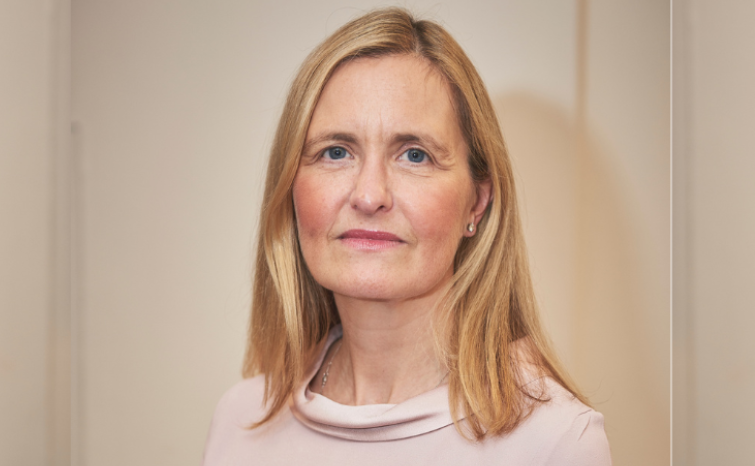Hull and East Yorkshire faces RTT issues
- 18 January 2016

Hull and East Yorkshire Hospitals NHS Trust has encountered data quality issues since it implemented the Lorenzo electronic patient record in June, and is facing penalties for missing waiting time targets as a result.
Board papers from November indicate that a data quality board has been established to address issues that have led the trust’s reported performance against the 18 week referral to treatment time target to fall as low as 82% in September and October.
One problem is that a large number of patients have duplicate records or are on pathways that should have been closed because they have been treated.
In a frank and detailed interview with Digital Health, Martyn Smith, the trust’s director of IT and administration, said the team behind the deployment of the CSC electronic patient record had underestimated its impact on administrative staff.
“Lorenzo has given us the opportunity to really effectively track patients through the clinical journey, and to attach interventions, results and correspondence to them,” he said. “But that has an [administrative] overhead and we underestimated that overhead.
“Before [the go-live], it was possible to book somebody into a clinic, and it was for the back office staff to make sure that was reloaded into the RTT site. Now, whoever is doing the booking has to attach treatment plans and forward actions.
“Doing that has fallen on our reception staff and our clerks, and we totally underestimated the knowledge required for them to understand that and to get it right.”
The problems with reporting on the RTT target, the national four hour discharge, treat or admit target for A&E, and the two week target for urgent cancer referrals, had resulted in “penalties of just over £2.8 million at month seven" according to the report to the board.
Action to address the problem, including establishing the board and employing additional staff to support data collection and validation, has increased costs.
This has led the trust to scale back the amount of money it expects to save by implementing Lorenzo and to “slippage” on its savings targets.
As of November, it had saved just £10.8 million instead of the £12.8 million it had hoped, and had reduced the amount of productivity savings it expected to achieve by implementing Lorenzo this year by £1.2 million.
The trust has also faced complaints in the local paper, the Hull Daily News, that staff are struggling to use the system, which was implemented as a ‘big bang’ across the Hull Royal Infirmary and Castle Hill Hospital.
In his interview with Digital Health News, Smith acknowledged that some staff have struggled but insisted that the trust was on course to reach ‘business as usual’ by March.
He also said some departments, such as the emergency department, which has benefited from a link to the local ambulance system, are starting to make innovative use of the new system.
He further argued that Lorenzo remained "the right strategic fit" for the trust and that it will deliver better patient care as a result of the new ways of working and the improved information sharing opportunities that the system offers.
“We are 32 weeks into a project to replace a system that had been in place for 16 years,” he pointed out. “We have gone from a system which people say now was well-loved, and which was good for the 1990s, to something new, and some staff have struggled with that.
“Doing nothing was not an option, and there is no doubt that Lorenzo was the best strategic fit for this trust. It gives us new functionality, it helps us work in a different way; but it also works differently.”
Hull and East Yorkshire Hospitals were previously using the iSoft PatientCentre patient administration system.
Its decision to move to Lorenzo in January 2013 made it the second trust to take advantage of a deal between the Department of Health and CSC to draw a line under the company’s involvement in the National Programme for the NHS in the North, Midlands and East.
Martin Smith and his colleague, Neil Proudlove, reflected at length on the impact of Lorenzo in an interview with Digital Health News. For far more detail on the deployment and the issues raised by the local paper and the board, read the interview in features.




